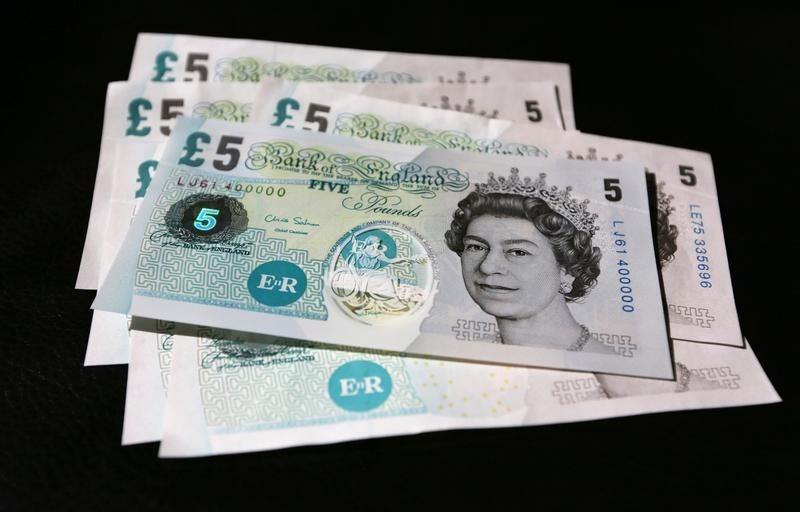Investing.com - The pound retraced gains after briefly hitting the highest levels of the day as British Prime Minister Theresa May triggered Article 50, formally beginning the two year process of the UK’s exit from the European Union.
GBP/USD was down 0.21% at 1.2421 after initially touching highs of 1.2475.
Sterling briefly turned higher after Britain’s most senior envoy to Brussels, Sir Tim Barrow, delivered official notice to the European council president, Donald Tusk of the UK’s intention to withdraw from the EU.
Speaking in the House of Commons at the same time, May confirmed that the UK was on its way out of the EU, adding that there could be “no turning back.”
“In accordance with the wishes of the people, the United Kingdom is leaving the European Union. This is a historic moment from which there can be no turning back,” the prime minister said.
She said she wants the UK to be a country that reaches beyond the borders of Europe, adding that she wants a “new, special and deep partnership with the European Union”.
She said that Britain cannot try to cherry pick in Brexit talks and stay in the single market without accepting free movement.
The prime minister also said she wants to deliver a smooth and orderly Brexit, adding that it is in the interests of both the UK and the EU that there is as little disruption as possible.
Sterling was higher against the broadly weaker euro, with EUR/GBP down 0.21% to 0.8665.
The single currency weakened broadly after Reuters reported that European Central Bank policymakers are wary of adjusting their policy message in April amid concerns over a potential surge in borrowing costs in the bloc’s periphery.
The ECB acknowledged the improving euro zone economy with a tweak of its guidance at its March 9 meeting, removing a reference to being ready to act with all available instruments.
But markets started to price in an interest rate increase in the first quarter of 2018, sparking concerns over a potential bond yield surge.
An increase in borrowing costs in Italy, Spain and Portugal, where debt payments are high, could cut into spending and create a drag on growth.
